Here's why former football star Herschel Walker controls the future of net neutrality

UPDATE: It was close but Warnock is projected to defeat Walker which gives the Democrats a 51-49 advantage in the Senate. This will allow for the confirmation of Gigi Sohn to be the fifth FCC commissioner which would pave the way for the return of net neutrality.
Currently, the Federal Communications Commission (FCC) has four members, two from each major party. This hasn't stopped the regulatory agency from passing certain acts including one that bans the use of new telecom gear from China's Huawei and ZTE from being used in the U.S. The FCC actually is supposed to consist of five members with no more than three coming from one party.
All FCC commissioners are nominated by the president and are confirmed by the Senate. Each term lasts for five years. So why aren't there five sitting commissioners? The New York Post says that the current nominee waiting for Senate approval is Gigi Sohn, a Democrat who has attracted the wrath of Senate Republicans because of some of her views. Sohn is a proponent of "net neutrality," the Obama-era rules put in place to make sure that all streaming data is treated the same.
Net neutrality has become a political football with Democrats in favor of it and Republicans not
Under net neutrality, an internet service provider or a wireless carrier cannot charge consumers extra to have streaming content delivered via faster "pipelines." Nor would they be able to block content from reaching their subscribers simply because they didn't agree with such content. Under Trump-appointed FCC Chairman Ajit Pai, net neutrality was taken off the books by the FCC.
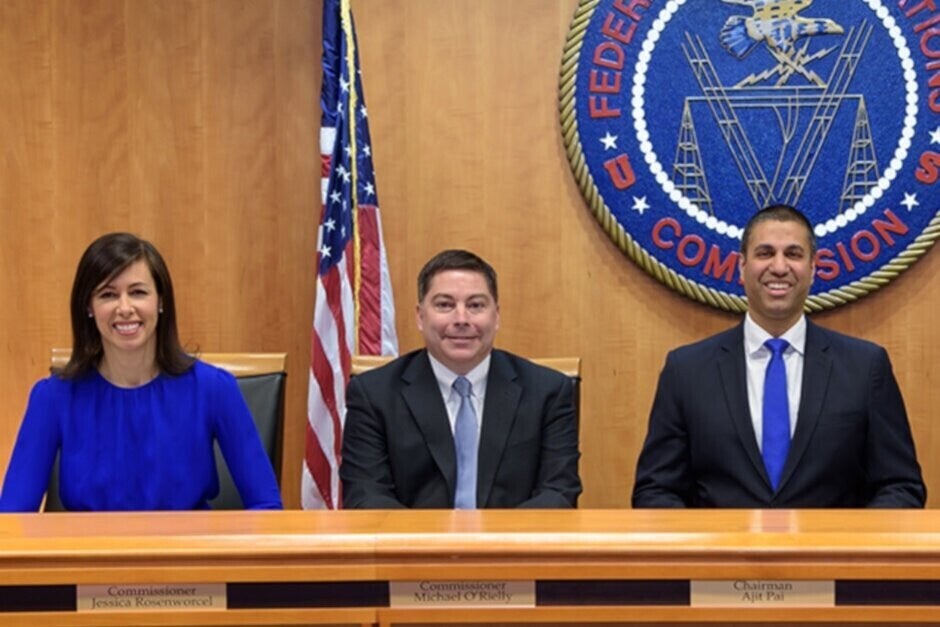
Former FCC Chairman Ajit Pai, at far right, helped the agency remove net neutrality from the books
Some states, California, New Jersey, Oregon, Colorado, Vermont, and Washington legislated net neutrality along with Puerto Rico. But a quicker way for net neutrality fans to get what they want for the entire country would be for the Senate to greenlight the nomination of Gigi Sohn. And right now, with West Virginia Senator Joe Manchin the lone Democrat refusing to support the nominee, her nomination would most likely fall short of the 51-vote majority required.
This is why today's runoff election for a Georgia Senate seat is so important to the future of net neutrality
And this is where tonight's runoff election for a Georgia Senate seat comes into play. Incumbent Senator Raphael Warnock, a Democrat, received more votes than his challenger on Election Day last month. But he fell short of the 50% tally required to be named the winner which forced today's runoff. Warnock's opponent is former football star, Herschel Walker. If Walker, a Republican, makes it over the goal line, Sohn most likely will not get a chance to be voted into office by the Senate.
On the other hand, a Warnock victory would give the Democrats a 51-49 edge which means that even if Senator Manchin defects, it would leave the vote tied at 50-50 with Vice President Kamela Harris casting the tie-breaking vote (most likely in favor of Sohn). Sohn, by the way, was one of the people who helped write the original net neutrality rules that the FCC adopted during the Obama administration.
Most carriers and ISPs are rooting for Walker. For example, Comcast is believed to be against Sohn becoming an FCC commissioner. This makes sense because net neutrality would prevent wireless providers from jacking up prices for faster streams. And we know that AT&T last year incorrectly used California's net neutrality law as an excuse to stop offering "zero-rated" content to subscribers throughout the country. A stream that is "zero-rated" doesn't count as data used toward a subscriber's monthly data plan.
Analysts expect turnout to be heavy and this could be a nail-biter without a winner declared for several days. But when the final vote is counted and the winner announced, we might learn more than which candidate won the election. We might learn the future of net neutrality. That is, at least until the 2024 presidential election runs its course.

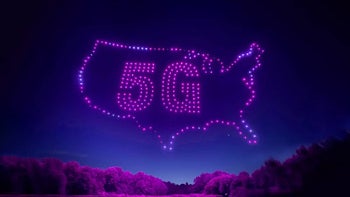
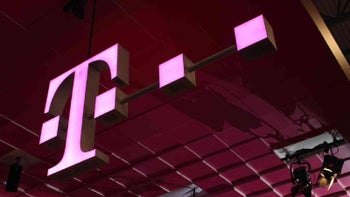
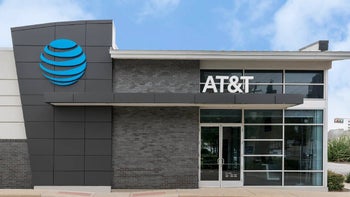
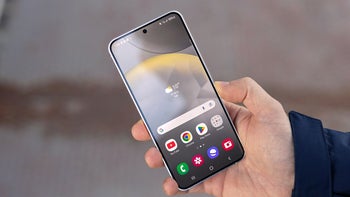
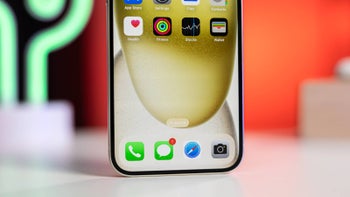
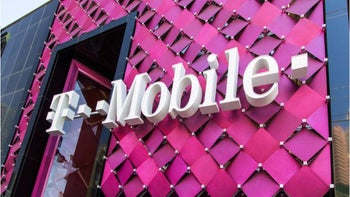


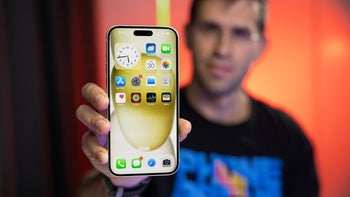
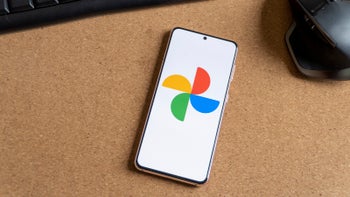

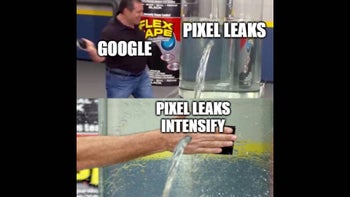
Things that are NOT allowed: